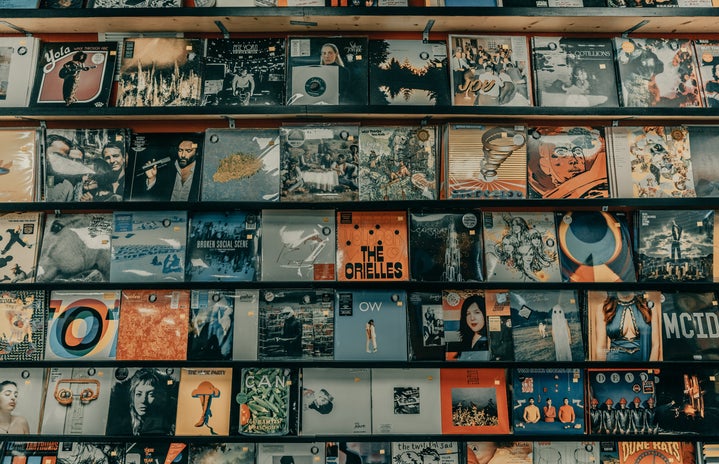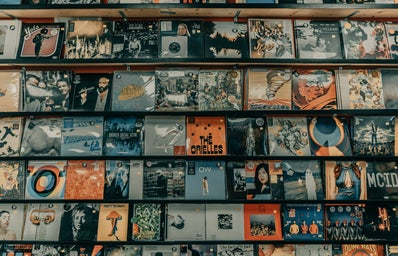Sad songs make me happy. Yes, you read that right. For the love of me, I can’t understand what’s so appealing about listening to hours’ worth of emotionally wrecking songs by Elliot Smith or Cigarettes After Sex, yet I know I can’t help going back to my sad playlists (Spotify’s Sad Girl Starter Pack included) every once in a while. It may sound either extremely depressing or insanely contradictory, but sad songs have an attractive quality for me. I came to this conclusion after an ex-partner pointed out my apparent fixation towards nostalgic, gloomy, or downright depressing songs. At that moment, something in my brain clicked: they’re totally right, but why? Why are sad songs so oddly comforting, and what about them makes me want to listen to them even more?
First off, it’s important to define what makes a song sad. In musical terms, a sad song can usually be identified by its lower pitches, slower tempos and the use of minor keys, as opposed to major keys, which generally possess a joyful sound. In the world of psychology, however, researchers have theorized on the matter, trying to reach the why behind the fascination for sad music, or at least approach a satisfactory answer. For Shahram Heshmat, Ph. D., an associate professor at the University of Illinois at Springfield, pleasure can be found in sad music due to multiple reasons, including mood regulation after emotionally distressing situations (think the loss of a loved one or a tough breakup), and the development of empathic feelings through expressions of sadness. At a physical level, sadness in music relates to the hormone prolactin, which produces a mental state of calmness as a way to cope with pain.
But the reasons behind why some people are so attracted to sad music don’t have to be entirely sad themselves. Sad songs trigger nostalgia, which in turn, allows us to reflect and reminisce on the past. In this way, experiencing nostalgia through music can be a way to achieve an introspective sense of happiness. In a 2016 study by Durham University, co-author Dr. Henna-Riika Peltola describes it the following way: “Alternatively, sad music is also associated with a set of emotions that give comfort to the listener, and where memories and associations play a strong part in making the experience pleasant. These experiences were often mentioned to confer relief and companionship in difficult situations of life.
Regardless of the different feelings they may produce, sad songs are generally calming in and of themselves, because of their slower tempo and calm nature.
Our relationship to sad music may be a highly complex one, but it’s safe to say that, whether you’re jamming along or having a full on crying session, sad music can be truly cathartic. While everyone experiences sad music in a variety of ways, there’s no denying the powerful feelings of remembrance they often evoke or the sensation of being transported to either a real past or movie-like imaginaries, especially in a world with an excess of real-life negativity. For many of us, sad music is not a way to become even sadder (because let’s face it, we’re constantly trying to avoid that); instead, it’s a tool to cope with existing issues, find closure and even feelings of calm amid trying times.
Need some songs to get you started? Here are a few personal faves for all your sad song needs:
- No es Importante, iLe
- Blue, Rigby
- Andromeda, Weyes Blood
- Wait, M83
- I Need My Girl, The National
- Not, Big Thief
- Exquisite Tension, You’ll Never Get To Heaven
- When the party’s over, Billie Eilish
- Fuentes de Ortiz, Ed Maverick
- First Love Never Die, Soko
- Maps, Yeah Yeah Yea


